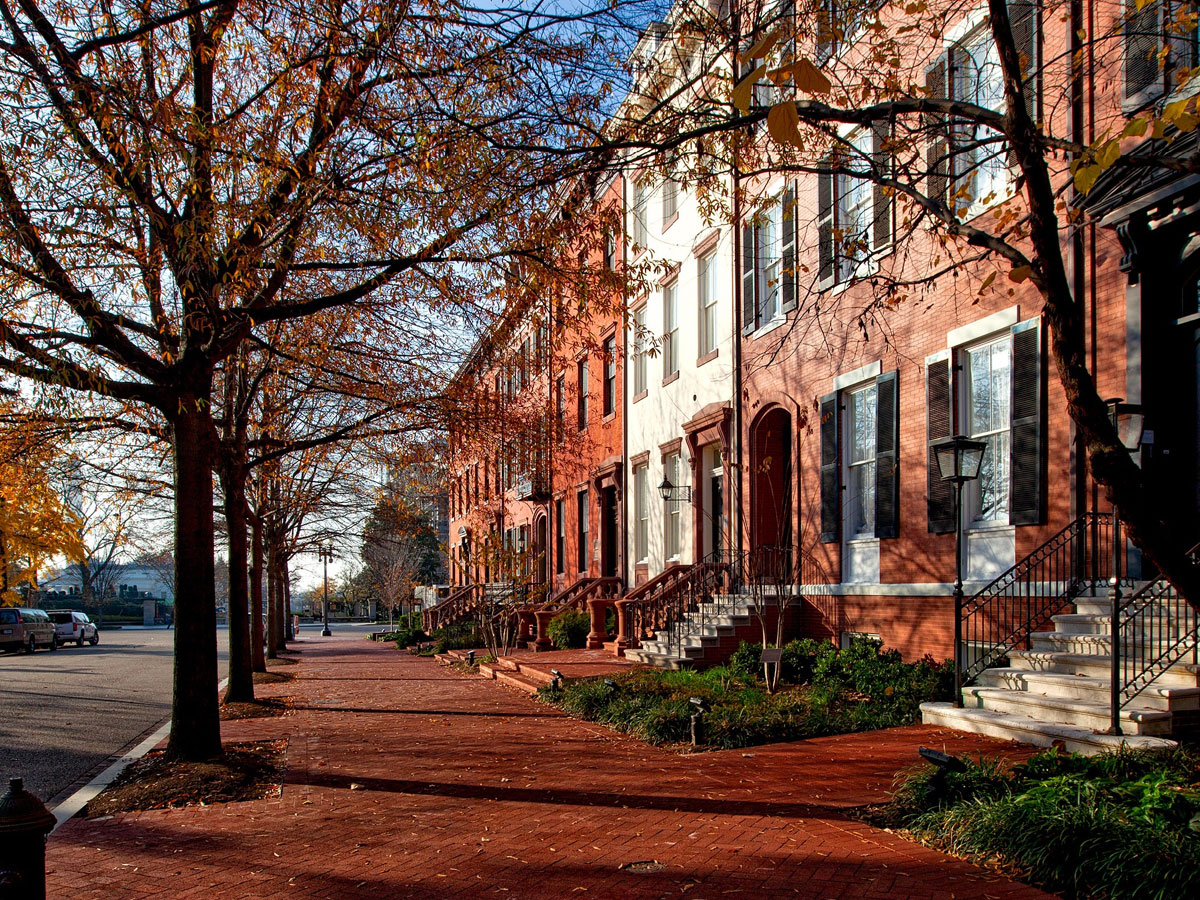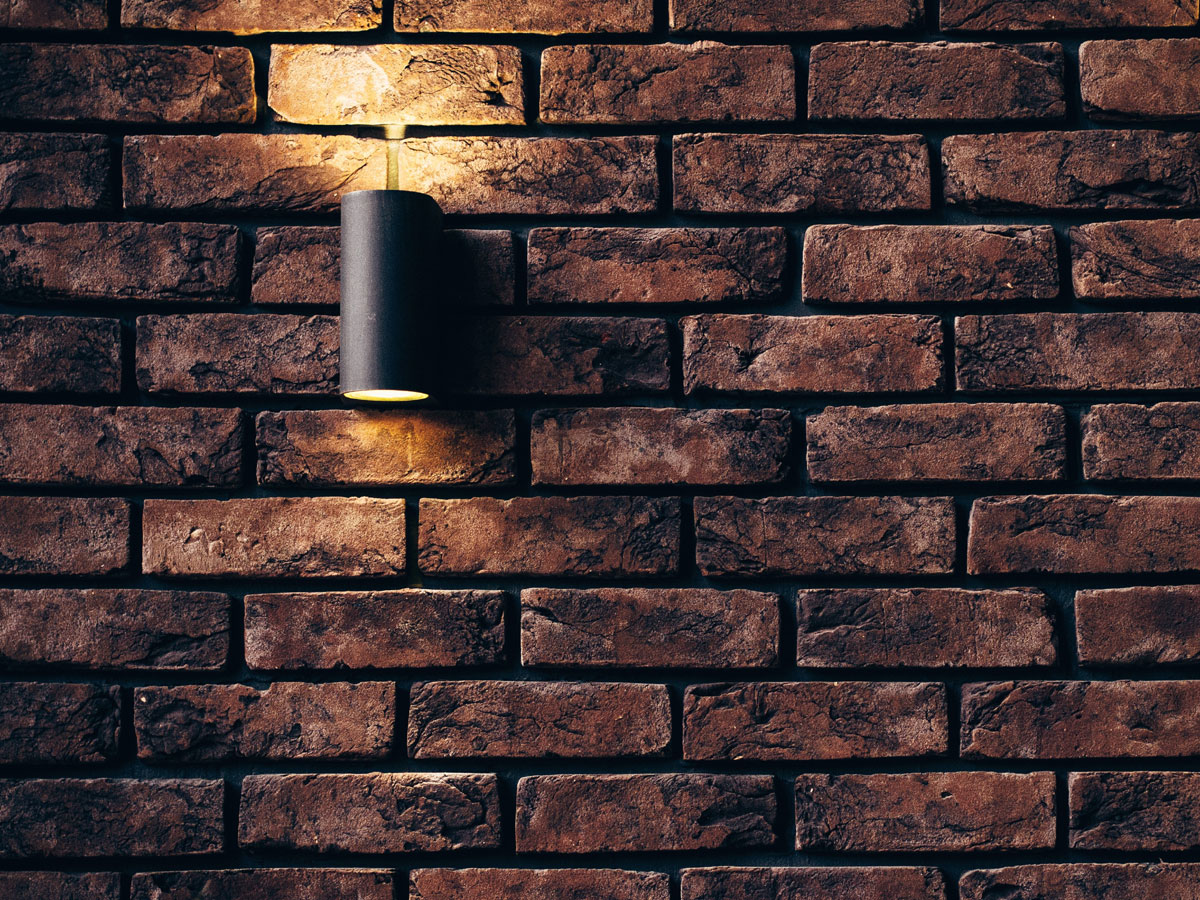AIR RIGHTS
Air rights generally refer to the empty space above a property. The owner of land or property also owns the...
Read More
COMMERCIAL REAL ESTATE
Commercial real estate transactions are an integral part of the robust New York economy. McKinley Onua participates in these transactions...
Read More
CONSTRUCTION LITIGATION
Construction litigation primarily involves contract disputes between developers, building owners, general contractors, subcontractors, construction managers, manufacturers, design professionals, lenders, sureties...
Read More
DEED DISPUTES AND DEED FRAUD
Deed fraud happens when a fraudulent deed is recorded against a property. In many cases, the owner may not even...
Read More
FORECLOSURE
The recent surge in foreclosure cases in our city has been followed by real estate laws designed to protect homeowners....
Read More
LANDLORD/TENANT LAW
The attorneys at McKinley Onua have decades of experience navigating New York Housing Courts. We handle both residential landlord/tenant matters,...
Read More
PURCHASE AND SALES OF PROPERTY
Transferring property includes the sale or acquisition of fee title interests in tangible real estate, and in some cases the...
Read More








